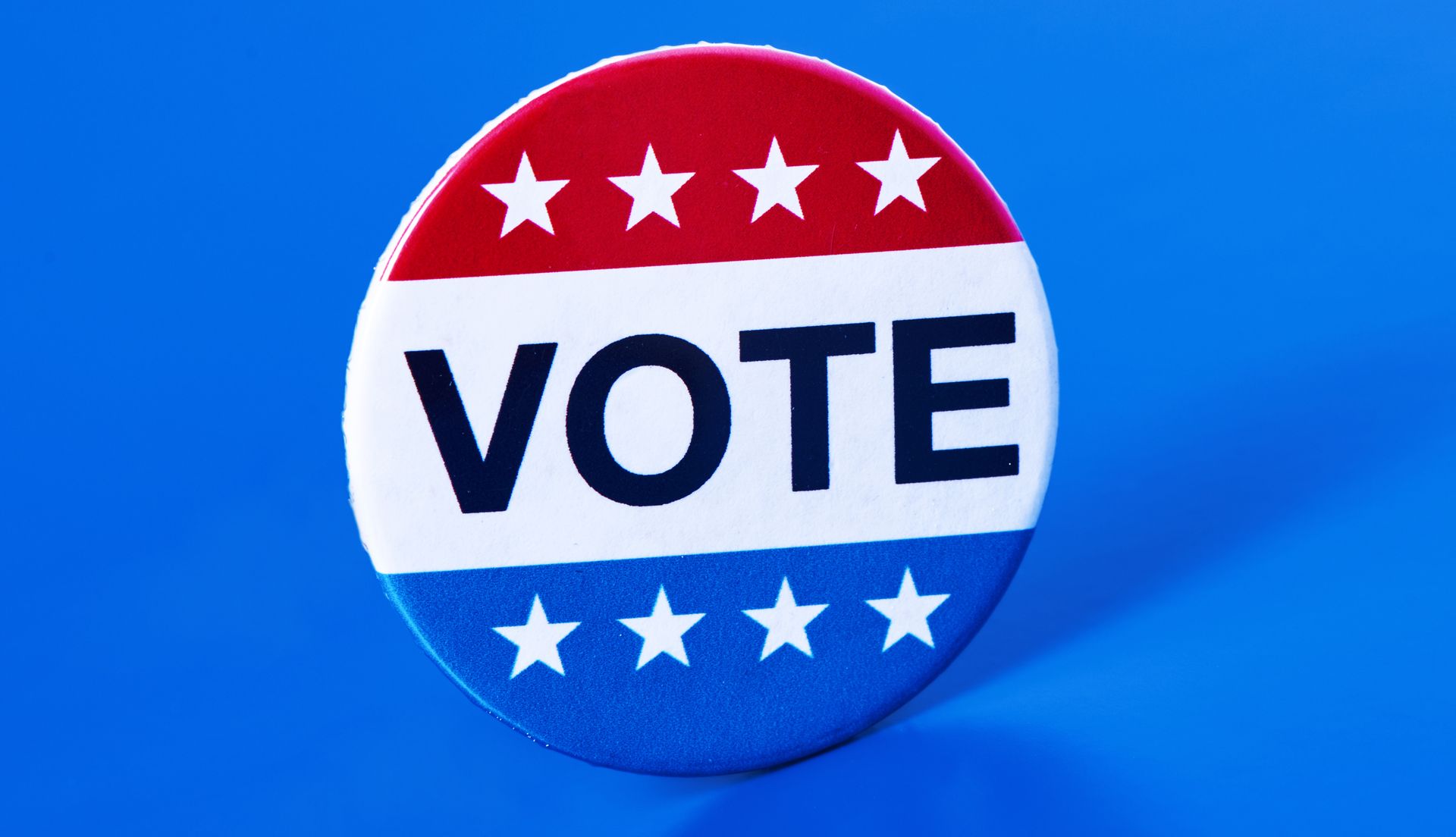Until recently, it seemed that to be a great executive, you needed a core skill set that would drive impact for the business. But today, executives are facing expectations — and in some cases, outright demands — that go beyond contributing to the P&L: Becoming socio-political activists.
"There’s a lot of, 'I don’t know what’s going on right now,' as I sit in private rooms with CEOs of big companies who are saying, 'this is a job and skill set I was never prepared to have - commenting on politics - and it’s now become largely an expectation,'" says Marjorie Clifton, Principal of Clifton Consulting LLC and Chief Communications Officer at the Leadership Now Project. This is partially due to Americans' low trust in government, which has made many people turn to business leaders for guidance.
“When we are lacking a voice we trust, our companies and the places we work are actually the people we have the most contact with,” she says. “We typically trust people we interact with the most… And so where business leaders find themselves today is in a position where they're increasingly asked to be a voice of reason, or to have an opinion, or to state a value, and be leadership for us. And that's a scary place to be.”
In a conversation with Chief Members, Clifton, who has served as a messaging expert and media trainer for officials in the Bush and Obama administration, shares how leaders can develop a framework for addressing socio-political issues that align both with their brand’s values and stakeholder demands. One area all companies can be aligned on, no matter the sector or partisanship, she says, is promoting and preserving democracy, as we head towards midterms.
Inaction Can Be a Greater Risk Than Action
While it’s nearly impossible to respond to every social and political issue, Clifton says that remaining quiet on issues that matter most to your stakeholders can do more harm than good. “Staying silent on an issue allows the public to create and control the narrative,” she says, while adding that “the longer things are sat on, the harder they become to respond.”
That’s why she encourages leaders to really take stock of their stakeholder demographic to get a better idea of what issues are likely to be most concerning to their employees, customers, and investors. Once that’s done, she says leaders should use their internal ERGs as resources for helping to shape a message and action plan that most aligns with the company and brand.
“What we're seeing is that businesses are being pulled out into the press to talk about things, whether they want to or not,” says Clifton. “So what I tell a lot of companies is, it’s not if, it’s when you're called to be part of the conversation. And so in order to do that, you've got to know how you're going to respond.” In some cases, she says, it’s okay to not know exactly how you feel about everything. But, even in those moments, it’s imperative that you respond in some way, even if it’s just to say, “Hey, we’re saddened by what happened.”
You Don’t Have to Have Every Answer — Just the Important Ones
Before releasing any statement or action plan, Clifton says it’s imperative for leaders to have a clear understanding of their company’s purpose, mission, and values, to ensure that the issue they’re addressing and the steps they’re taking make the most sense.
In order to do this, she suggests leaders ask themselves a few critical questions.
- Does this issue impact the community in which we work or serve?
- What are our stakeholders doing and saying?
- What are the risks if we act or don’t act?
- How can we be proactive, not reactive?
- What is the best type of response: statement, program, media, donation, coalition, etc.?
- How will we measure success?
Asking yourself these questions will not only help you deliver the best response for you and your team, but it will also help you avoid unnecessary backlash from stakeholders.
Promoting Democracy Is Non-partisan and Critical for Corporate America’s Success. Period.
“What businesses are seeing is that in order to uphold trust [and] security, upholding our democracy is critical to that,” says Clifton. “[And] we're also seeing it's really good for businesses when they promote that.”
According to Democracy Works, 76% of people are more likely to work for a company that promotes democracy and 81% are more likely to buy a company’s products or services if it speaks out against restrictive voting laws.
“Yes, there are going to be some issues that are core to your purpose and your mission and your employees that you may need to take a partisan position on,” says Clifton. “But in general, democracy is something that most businesses can center around and focus on by acknowledging, we hear that that issue is really important to you. And while we as a business aren't going to take a position on it, what we're going to take a position on is encouraging you to go exercise that opinion in the voting booth. Go vote.”
Clifton says that “with tons of threats on the horizon” this election cycle, she’s hearing more and more CEOs acknowledge “that their ability to do business in the states that they're based in is contingent on the health of the democracy in those states.” Therefore, she says, it’s important for leaders to “lean into a value, which is a value on a healthy democracy, which is a value on civic participation,” as a positive framework to move forward.

